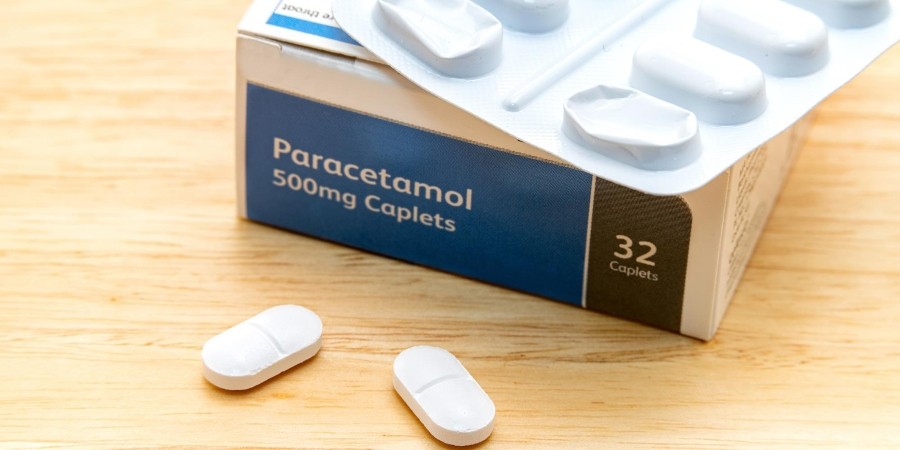Health
People taking paracetamol likely to take risks

WHAT YOU NEED TO KNOW:
- A study from Ohio State University reveals that taking paracetamol may not only relieve headaches but also influence risk-taking behaviors.
- Research participants who were given doses of the painkiller showed less anxiety and negative emotion when grading risky activities like skydiving and bungee jumping.
- Study co-author Baldwin Bay said the drug appears to lower risk perception causing people to be more tolerant of risks.
A new study reports that taking the over-the-counter painkiller paracetamol could be doing a lot more than just treating headaches.
Experiments performed by Ohio State University experts found that participants taking these pain relief drugs, known as acetaminophen in the US, are more likely to take risks than those who took a placebo drug.
One experiment involved 189 participants taking either 1,000mg of the analgesic, which is the recommended dosage for a headache, or a placebo that looked the same.
After the pill took effect, the participants were asked to rate on a scale of 1 to 7 activities such as bungee jumping, skydiving, walking home alone in an unsafe part of town, and starting a career in their 30s.
Those under the influence of acetaminophen rated the activities as less risky than those given a placebo.

“Acetaminophen seems to make people feel less negative emotions when they consider risky activities – they just don’t feel as scared,” said study co-author Baldwin Bay.
With almost 25% of the population in the US taking these pain relievers each week, Bay said reduced risk perceptions and induced risk-taking could significantly affect society.
Across these experiments, researchers also measured the risk taking behavior of participants through a virtual test where participants were instructed to pump up an uninflated balloon on a computer earning virtual money for every single pump. They were told to earn as much money as possible at the same time making sure not to pop the balloon because they would lose the money.
Overall, results showed that those who took paracetamol engaged in more risk-taking by pumping more until their balloon burst unlike the more cautious control group.
“If you’re risk-averse, you may pump a few times and then decide to cash out because you don’t want the balloon to burst and lose your money,” Bay said. However, those who are on acetaminophen are believed to feel less anxious about the size of the balloon and the possibility of it bursting.
Despite the findings, acetaminophen remains one of the most common pain relief drugs worldwide and is currently recommended by the CDC as the primary drug to ease the initial symptoms of the coronavirus.
Bay said the results from the experiments may make people think that by taking acetaminophen, going out and mingling with other people won’t be too risky.
“We really need more research on the effects of acetaminophen and other over-the-counter drugs on the choices and risks we take,” he said.
The study findings were published in the journal Social Cognitive and Affective Neuroscience.
Source: The Sun
